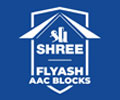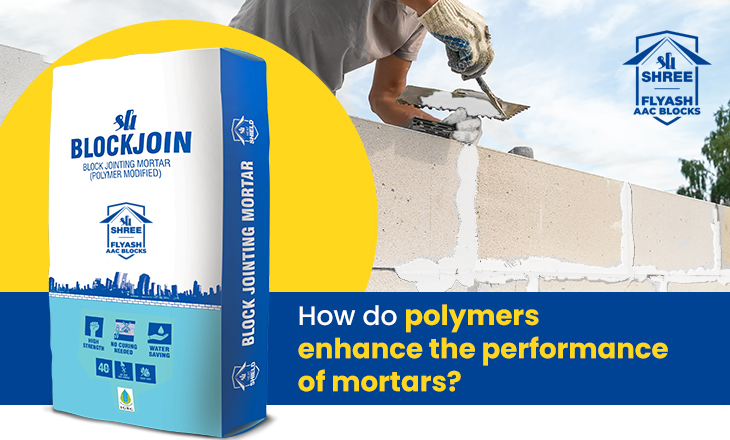Before we proceed to understand how polymer and mortar gel with each other, it is important to know that you use polymer mainly to modify mortars.
In what way does polymer improve mortar?
Check out these ways that mortar is benefited from polymer-
1. Reduced cement curing.
The strength of cement or concrete is determined by proper curing. It is a chemical reaction, usually hydration, that occurs between cement and water. This causes the formation of crystals that wrap the mixed ingredients.
In regular non polymer mortar the initial stages of curing, which is between five and seven days, adequate water must be present for maintaining hydration which will render hardness to the cement or the concrete.
In polymer based mortars the rate of evaporation is reduced by the polymers while the structure of the crystals grows and build strength. The reduced water evaporation is essential in the case of the thin application where the evaporation is high for a thin surface area as compared to the mortar volume.
2. Workability improves remarkably
Polymer modification enhances the application characteristics. Due to this, the mortar becomes more fluid and easier to apply and handle. Certain polymers make the hydration period longer, thereby adding to the working time. This is particularly crucial in hotter climatic conditions.
However, just remember that getting the polymer mortar from dependable vendors helps you to overcome a lot of hassles in the process.
3. Better durability and strength
It has been seen that cured polymer-modified mortars possess better tensile strength. Not only that, but they also have better resistance to abrasion and impact, and they have improved flexural strength, chemical resistance, and resistant to water. These properties you will not find in normal mortars, which might be of inferior quality due to inconsistent proportions of cement and sand.
Aside from this, the polymer that is present in the mortar aids in restraining micro-crack propagation. This improves the mortar’s toughness.
4. Adhesion is much better.
As compared to the normal mortars which are made of only cement, lime and fine sand, polymer mortar or polymer modifiers serve as an adhesive that helps in modifying the mortar overlay so that it can stick to several surfaces, these surfaces may include brick, wood, concrete, masonry, glass, metals, rigid polystyrene, and polyurethane foam.
It is important to consider that adhesion is a vital property or feature, especially when it comes to thin-section overlay mortar applications. These include stuccos, under-layments, spray coatings, and applications where heavy traffic and vibration are rampant.
Since Shree Flyashs has enjoyed the status of being one of the key manufacturers of Flyash AAC blocks in North India and such products in this market, you can trust us with our services. To get in-depth information on our superior product Shree BLOCKJOIN (Flyash AAC block jointing mortar – Polymer Modified) which is a ready-to-mix Thin Bed Mortar for constructing walls using Flyash AAC Blocks., you can navigate through the portal, https://shreeflyashaacblocks.com/products/

